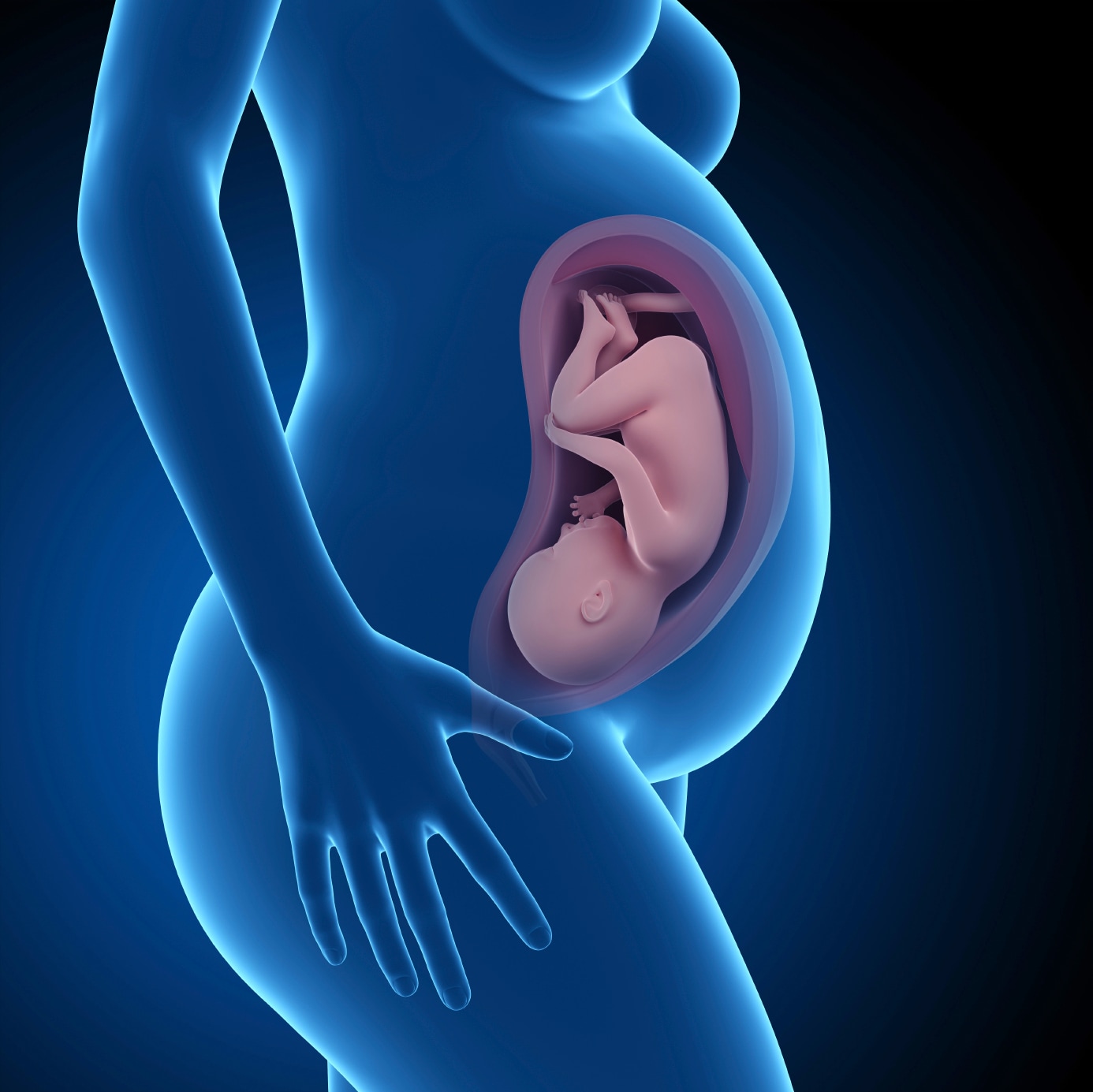An antenatal dietary and physical activity intervention in pregnant women with obesity was associated with lower offspring pulse rate and sustained improvement in maternal diets, according to a study published in the journal Paediatric Obesity.
The study examined whether the UPBEAT trial intervention influenced childhood cardiometabolic outcomes or was associated with sustained improvements in maternal lifestyle three years after delivery.
The UPBEAT trial is a randomised controlled trial that aims to improve the diet and physical activity of obese pregnant women across the UK. Women who were given a diet and exercise intervention were compared with women in a control group, who made no changes to their lifestyle during pregnancy.
In this study, at the three‐year UPBEAT follow‐up, researchers assessed childhood blood pressure, resting pulse rate and adiposity and maternal diet, physical activity and anthropometry. A total of 514 three‐year‐old children attended the appointment (49% intervention, 51% standard care).
There was no difference in the main outcome of interest, subscapular skinfold thickness, between the trial arms (−0.30 [95% CI, −0.92 to 0.31] mm). However, the intervention was associated with a lower resting pulse rate (−5 [95% CI, −8.41 to −1.07] bpm). There were non‐significant lower odds of overweight/obesity (OR, 0.73; 95% CI, 0.50 to 1.08). Maternal dietary improvements observed in the UPBEAT trial, including glycaemic load and saturated fat, were maintained three years postpartum.
Lead author Kathryn Dalrymple from King’s College London said: “These findings are very exciting as they add to the evidence that pregnancy is a window of opportunity to promote positive health and lifestyle changes which benefit the mother and her child.”
The team of researchers will follow-up these children again at eight to 10 years of age to see if this improvement in cardiovascular function is maintained through childhood.



